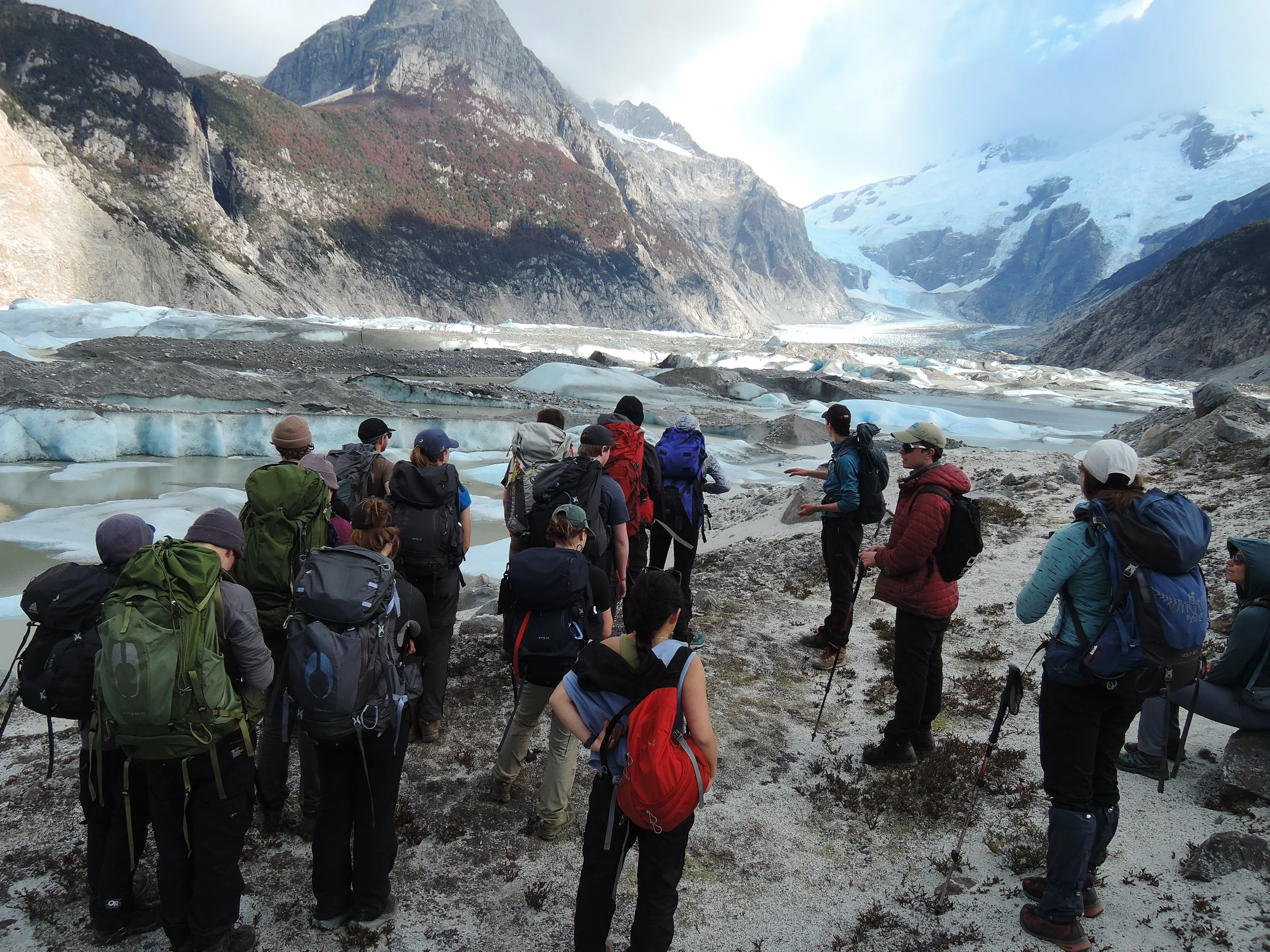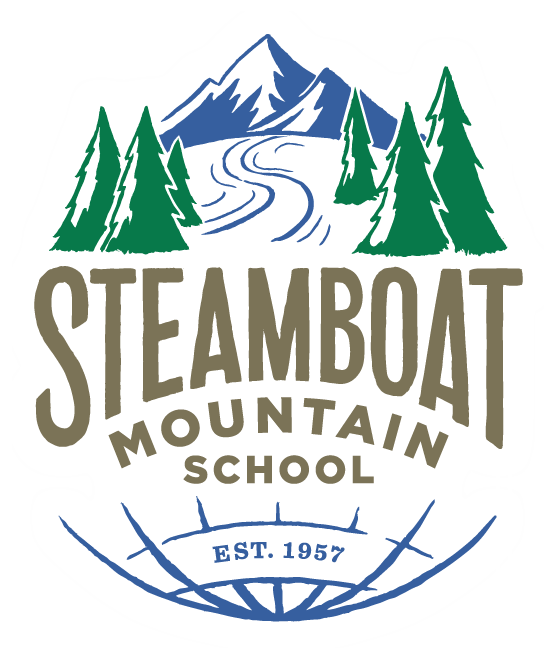A Frontier Wilderness Learning Experience
Patagonia Frontiers designs and leads wilderness education and leadership programs, here in Chile and internationally through our nonprofit entity, the Education Frontiers Institute. Partnering with high schools, universities, camps, and other organizations, we facilitate powerful, immersive, and safe learning experiences that deepen connection to nature and ourselves. Our services flex to meet our partners’ needs, from logistics and risk management to custom curriculum and guided adventures.
Our skills, leadership, and science curriculum is framed by a frontier wilderness experience that explores topics such as expedition living, travel and teamwork, communication and decision making, physical geography, atmospheric sciences, natural history, and wild land conservation. Each area of focus includes reflection and evaluation, cultural diversity and exchange, and personal and group development.
We are currently enrolling programs for the upcoming season. Contact us for details.
The Program
With the vast wilderness as our classroom, we offer one-to four-week programs for high school students and teachers, higher education students, and other educational groups. Students and their teachers choose from the following program focus: Geology, Atmospheric Sciences and Climate Change, Natural History and Conservation. Each area of focus includes student leadership, cultural exchange, and personal and group reflection activities.
Our team brings decades of experience and expertise to craft exceptional experience, led by Patagonia Frontiers founder & director John Hauf, former founder and director of NOLS Patagonia. Programs operate from our location in Patagonia, Chile, and internationally.
Common threads across each Patagonia Frontiers experience include: Be safe. Learn lots. Be respectful. Have fun.
Past and Current Partners
Penn State University - Patagonia Frontiers partnered with Penn State University’s College of Agricultural Sciences - Environment Resource Management program on their Sustainability and Natural Resources winter break course in Patagonia, Chile. Students journeyed in the Aysén region visiting small frontier towns and the Patagonia National Park before continuing to the Patagonia Frontiers wilderness classroom for their backcountry section. Students explored themes of climate change and sustainability along with risk management and decision making, and backcountry travel and camping skills.
Steamboat Mountain School - Patagonia Frontiers, in partnership with Steamboat Mountain School of Colorado, U.S.A. crafted and conducted a 23-day long Outdoor Education and Global Studies program in Patagonia, Chile. Thirteen high-school students and two teachers, along with Patagonia Frontiers instructors and support staff, traveled and camped in the Soler Valley on the edge of the Northern Patagonia Icefield, and further within the Aysén Region. The program centered around three main components: active adventure, cultural sharing, and academic curriculum.
High Mountain Institute - Designed and conducted a field course and research program for HMI’s gap year program for 2019 and ongoing. The program consisted of eight days of wilderness travel, preparatory classes and training culminating in a four-day LNT-camp amongst the moraines at the foot of the Solér Glacier where research on the impacts of climate change on sensitive mountain regions on the Northern Patagonia Ice Fields was conducted.
National Outdoor Leadership School (NOLS) - We share a long and fruitful relationship with NOLS, whose courses have operated on and through PF properties for decades. We've welcomed over a thousand NOLS students and instructors to our wilderness home. Patagonia Frontiers and NOLS have worked closely together on wilderness leadership and skills expeditions, logistical support, special projects, and evacuation and emergency response. We are fortunate to have known many NOLS graduates as members of our work crew program and staff, and as guests and clients. NOLS instructors and students know they're always welcome to a warm kitchen, a shared meal and a helping hand in the middle of the wilderness.
Liceo Rural Cerro Castillo - Hosted students studying tourism by carrying out diverse outdoor learning activities addressing flora and fauna, environmental conservation, sustainable tourism, and basic concepts in glaciology and geography. Shared Patagonia Frontiers’ experience as an outdoor education institution with the intent to strengthen and give sense to content that is learned in the classroom, as well as to expanding their vision of the tourist development of the region and how to care for, protect and preserve Patagonia’s natural and cultural wealth.
St. Thomas Aquinas High School - Designed and conducted a Winterterm Program for the 2017-2018 school year. Topics covered observation, identification and interpretation of landscape and how it was shaped, aquatic and terrestrial biodiversity, and global, national and regional importance of old-growth forests and pristine watersheds.
North Country Camps (NCC) - Educational experience for graduating NCC workgroup members, 15 and 16-year olds, to spend an additional summer together on an extended four-week wilderness expedition in Bolivia and Alaska before heading in new directions.
Grand Rapids Christian Schools - Five day program for 29 students which encompassed visiting a local homestead witnessing and participating in homestead crafts still in use today by the backcountry settlers and working the land similar to previous times, hiking in the wilderness with basic classes on glaciology and glaciel land forms, white water rafting and visiting the confluencia to discuss the history of of a dormant, yet contentious dam-building project by the Spanish Energy Consortium, Endesa.
Jempe Center - The program offered leadership coaching and development in the context of a 12-day expedition-based Leadership Journey organized and supported by Patagonia Frontiers. Video summary of the trip.
Riverdale Country School - Arranged logistics and guided hiking for a portion of their 2017 spring break outdoor leadership trip to Patagonia putting their hiking, camping and wilderness preparedness skills to the test.
Summit for Stem Cell - Collaborated on a fundraising trek in the Peruvian Andes and a visit to Machu Picchu in October (2016). Summit for Stem Cell is a grassroots volunteer entity that exists solely to fund and support the research being conducted at the Loring lab in an effort to develop a patient-specific stem cell therapy for Parkinson's disease.
Stanford Graduate School of Business - Three-day intensive in understanding the confluence of conservation and business through visiting the region, learning about conservation efforts, and local business.
Lakefield College School - Two week wilderness skills, leadership and communication program along The Gaucho Way to the Northern Patagonia Icefield. Students backpacked, rode horses, and assisted in a community service project.
The Bush School - Collaborated to offer regional logistics and home stays and provide emergency protocols and evacuation support during the school's semester programs. Guided a wilderness backpacking trip for students and staff in the Solér Valley along The Gaucho Way, where students assisted with community service projects.
St. Mary's College of Maryland - Five-day wilderness training combining academic rigor with environmental training in an extraordinary setting leading to a Master's Leave No Trace (LNT) certification.
The Lowell Whiteman School - Students backpacked alongside homesteading Gauchos, visited the Pleistocene Icefield, and assisted in a trail building project benefiting the local community as part of their global immersion studies program. The program combines cultural immersion, adventure, community building, and self-discovery during multi-week trips.
US DoD - Custom program that concentrates on small group mountaineering skills and mountain travel techniques.
The Prouty Project (strategic planning and leadership consultancy) - Collaborated on a program with client groups to achieve clarity on purpose and vision, create alignment on strategy, and gain commitment on execution. The natural outdoor environment provides unique opportunities for extraordinary breakthroughs in institutional change through building trust and inspiring confidence.
Leave No Trace, Master Educator Course - Leave No Trace is built on seven core principles that are used to communicate the best available minimum impact guidance for enjoying the outdoors responsibly. The Seven Principles of Leave No Trace were developed to help educate and guide recreationists in sustainable minimum impact practices that mitigate or avoid recreation-related impacts.
We want to share with you a remarkable, safe and educational experience that also supports our mission’s conservation, education and community goals. Please contact us for more detailed information of our educational programs.




















